Are you struggling to keep your garden alive in the scorching summer heat? Don’t worry, we’ve got you covered. In this ultimate guide, we’ll show you everything you need to know about watering garden in summer to ensure it thrives all season long.
To water your garden in summer, it’s best to do so in the morning or evening when temperatures are cooler. Now, let’s explore some tips for keeping your garden hydrated during the hot summer months.
During the summer months, keeping your garden hydrated is crucial for maintaining healthy plants. It can be challenging to keep up with the water needs of your garden as temperatures rise and evaporation increases. However, with a few simple tips, you can easily ensure your garden stays hydrated throughout the hottest part of the year.
From choosing the right containers and soil to using the right watering techniques, we’ve got you covered. Read on to learn more about how to effectively water your garden in summer.
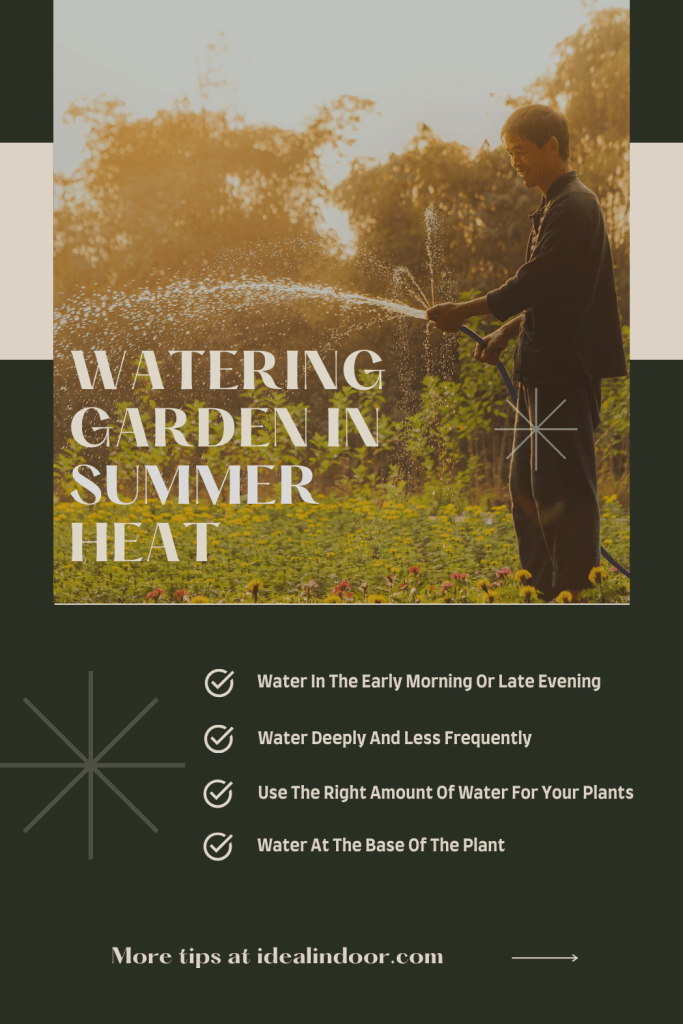
Importance Of Watering Garden During Summer Season
Summer is the time when your garden requires extra care and attention. With the intense heat and dry weather, your plants are more vulnerable to dehydration and wilting. Water is an essential element for any garden to thrive, and during summer, watering becomes even more critical. In this blog post, we will discuss the importance of watering garden during summer season and how it can help keep your plants healthy and vibrant.
“In summer, watering your garden is not just a chore; it’s an art. Understanding the needs of your plants and providing them with just the right amount of water can make all the difference between a thriving garden and a struggling one.”
Monty Don is a renowned British gardener
Watering Helps Plants To Survive In Hot Weather
The scorching heat of the summer sun can be dangerous for your plants. When the temperature rises, it can cause your plants to lose moisture quickly and may even lead to plant death. Watering your garden regularly can help prevent this from happening. When you water your plants, it helps to cool them down and reduce the stress caused by the intense heat. Watering during early morning or late evening is recommended as it allows the water to seep deep into the soil without evaporating quickly.
Prevents The Plants From Wilting And Dehydration
Plants, just like humans, need water to survive. Without it, they will wilt and eventually die. Keeping your garden hydrated during summer is crucial to prevent your plants from becoming dehydrated and wilting. A good rule of thumb is to water your plants when the top 1-2 inches of soil feels dry to the touch. Avoid over watering your plants as it may cause root rot and other fungal diseases.
Pro Tip: Use Mulch For Better Moisture Retention
Using organic mulch around your plants can help retain moisture in the soil, ensuring your plants get the hydration they need even during the hottest days of summer. Mulch not only helps to conserve moisture but also prevents weed growth, maintains soil temperature, and protects the roots from extreme temperatures. Some common mulch materials include compost, straw, shredded leaves, grass clippings, and bark chips.
Watering is essential in maintaining healthy and thriving plants in your garden during summer. By providing your plants with sufficient hydration, you are not only helping them survive, but also thrive under the scorching heat of the summer sun. Don’t forget to water your plants regularly, and you’ll be rewarded with a beautiful, lush garden throughout the season.
Essential Tips for Watering Garden In Summer!
How To Water Your Garden Efficiently
Summer brings joy, as it is the time for vacations, beach visits, and freezing cold drinks. But, it also means taking extra care of your garden to ensure its survival against the scorching hot sun. One of the essential aspects of maintaining a healthy garden during the summer is watering it efficiently. Here are some tips on how to water your garden efficiently.
“When it comes to watering your garden in summer, consistency is key. It’s not just about the frequency of watering but also ensuring deep, thorough watering to encourage healthy root growth, especially during periods of intense heat.”
Melinda Myers is an award-winning horticulturist
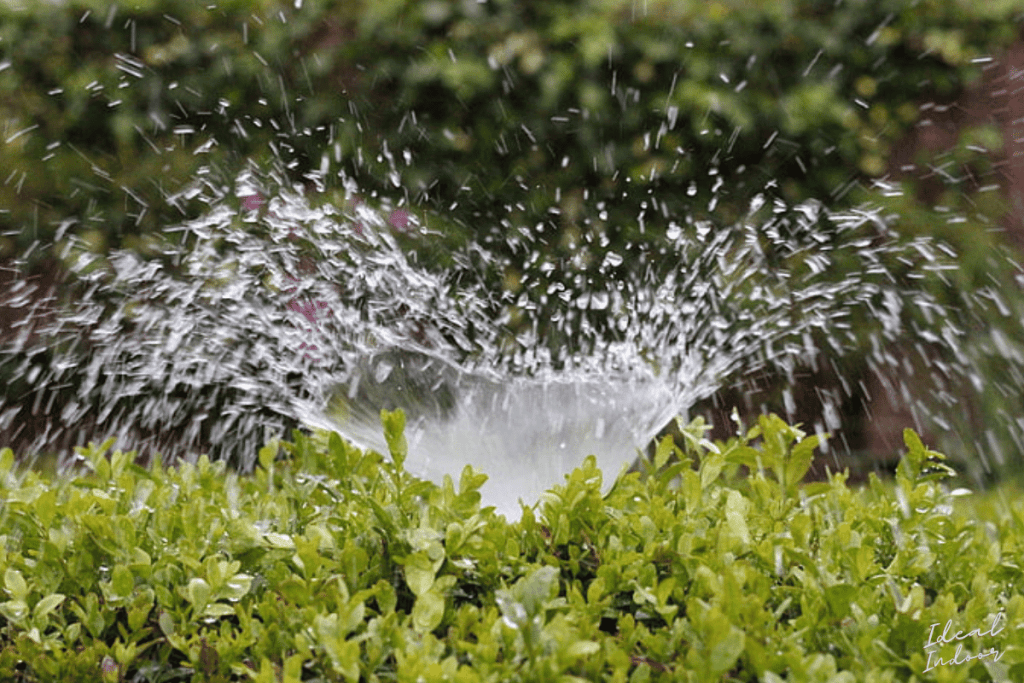
Water In The Early Morning Or Late Evening
The timing of watering your garden plays a crucial role in its health. It is better to water your garden in the early morning or late evening, when the temperatures are cooler and the sun isn’t as intense. This is because the water will have a chance to seep into the soil, and the plants will have time to absorb the water before it evaporates. Additionally, watering during the middle of the day can lead to water loss due to evaporation, not allowing the plants to absorb the necessary amount of moisture they need to remain healthy.
Water Deeply And Less Frequently
Watering your garden deeply and less frequently is more beneficial than watering it lightly and often. It is a myth that watering plants every day will ensure their health. On the contrary, it may lead to shallow root growth, which means that the roots will not be able to go deeper into the ground to absorb the water and nutrients they need. Therefore, it is better to water your garden deeply about once or twice a week, depending on the type of plant and its water requirements.
Use The Right Amount Of Water For Your Plants
Underwatering your plants can lead to wilting and drying out, while overwatering can lead to waterlogged soil, root rot, and diseases. Therefore, it is essential to know the water requirements of your plants and use the right amount of water for them. You can check the soil moisture by sticking your finger two inches into the soil. If the soil feels dry, water the plant, and if it feels moist, wait a day or two before watering.
Water At The Base Of The Plant
Watering at the base of the plant is more efficient and less wasteful than watering from above. Watering the foliage can lead to water loss due to evaporation and may encourage fungal growth. Therefore, it is better to water at the base of the plant, directly onto the soil. This will ensure that the water reaches the roots, where it is needed the most.
Follow these tips, and you can water your garden efficiently, keeping your plants healthy and happy all summer long.
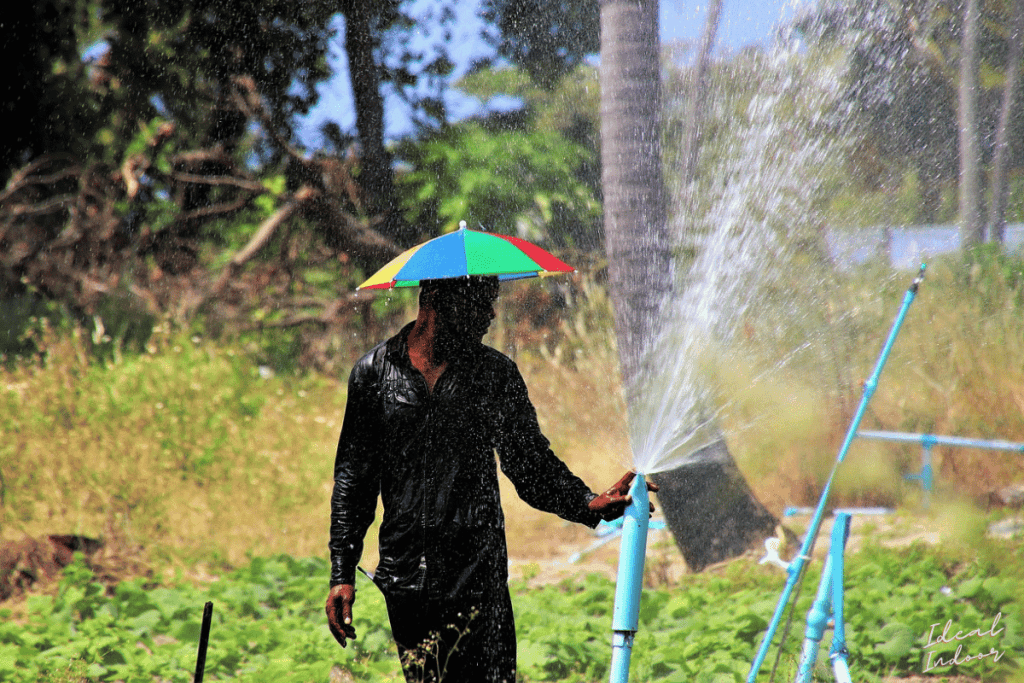
Tools Needed For Watering Your Garden
In summers, watering your garden is critical to keep it lush and green. Whether you are a seasoned gardener or a beginner, having the right tools to water your garden can make a significant difference in the health of your plants. In this article, we will take a look at some of the essential tools you will need to water your garden this summer.
| Tool | Description | Available On Amazon |
|---|---|---|
| Watering Can | Essential for precise watering of smaller plants or those in containers. | Novelty 30605 Indoor Watering Can, 1/2 Gallon |
| Hose and Nozzle | Ideal for watering larger areas or plants that require a consistent stream of water. | Flexzilla Garden Hose with Nozzle |
| Sprinkler | Great for watering larger garden areas simultaneously. | Melnor XT Turbo Oscillating Sprinkler |
| Water Timer | Automates watering schedule, ensuring plants receive water at optimal times. | Orbit B-hyve Smart Hose Faucet Timer |
| Soaker Hose | Waters plants slowly and deeply, conserving water and preventing evaporation. | Swan Products Element Soaker Hose |
| Watering Wand | Provides a gentle, targeted stream of water for delicate plants and hanging baskets. | Dramm One Touch Rain Wand |
Choosing the right tool for watering your garden is crucial to keep your plants healthy and thriving during summers. Whether you use a garden hose, watering can, sprinklers, or a drip irrigation system, ensure that you use them efficiently to avoid water wastage and over-watering your plants.
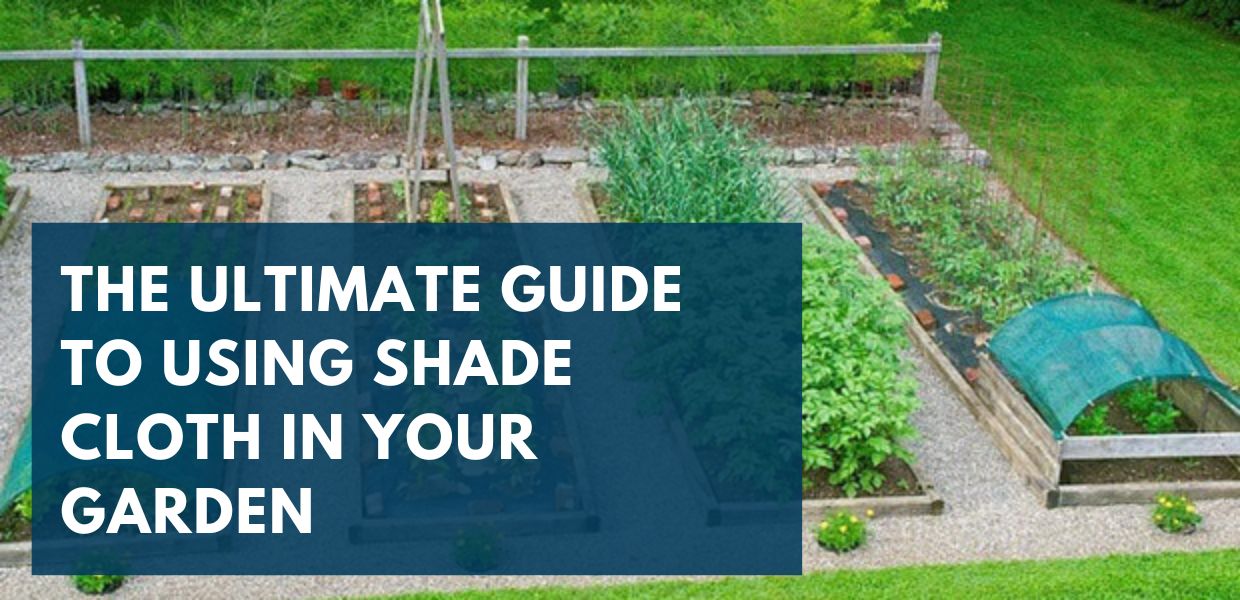
Types Of Plants To Grow In Summer Season
Watering your garden in the summer is critical to the health and growth of your plants. Choose heat-loving plants that require less water such as sunflowers, zinnias, and marigolds to make your task easier. Aim for early morning or evening watering and use a drip system or watering can to prevent soil erosion.
When it comes to gardening in the summer season, choosing the right types of plants is essential. With the hot temperatures and increased sunlight, plants require extra care and attention to thrive. In this section, we’ll explore the different types of plants that are perfect for growing in the summer season.
Plants That Require Less Maintenance And Watering
If you’re a busy person, you’ll want to choose plants that require less maintenance and watering. Some low-maintenance plants that are perfect for the summer season include:
- Succulents
- Cacti
- Herbs like rosemary, thyme, and oregano
These plants require minimal watering and can survive in hot weather conditions.
Plants That Are Drought-tolerant
In areas where water is scarce, drought-tolerant plants are the perfect choice for your summer garden. Some of the most popular drought-tolerant plants include:
- Agave
- Lavender
- Yucca
These plants have adapted to surviving in dry conditions and require less water than other types of plants.
Plants That Thrive In Hot Weather
To ensure your plants survive the scorching heat of summer, choosing plants that thrive in hot weather conditions is a must. Some of the best hot weather plants include:
- Tomatoes
- Peppers
- Eggplants
These plants need lots of sunlight and warm temperatures to produce fruits and vegetables.
Plants That Can Be Grown In Containers
If you have limited space, growing plants in containers is a great way to maximize your space. Some container-friendly plants that are perfect for summer include:
- Flowers like petunias, marigolds, and zinnias
- Small herbs like basil, chives, and parsley
- Strawberries and cherry tomatoes
These plants are easy to grow and can be moved around as needed to ensure they receive the right amount of sunlight and shade. In conclusion, choosing the right types of plants for your summer garden is essential to ensure they thrive in the hot weather conditions. By selecting low-maintenance, drought-tolerant, hot weather, and container-friendly plants, you can create a beautiful and thriving garden to enjoy throughout the summer season.
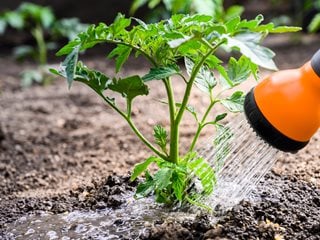
How To Identify Signs Of Dehydration In Plants
Plants can exhibit signs of dehydration due to extreme heat and inadequate watering. Look for yellow, wilted leaves, dry or cracked soil, and slowed growth to identify signs of dehydration. Make sure to water your garden during the summer months to keep your plants healthy and hydrated.
“Recognizing the signs of dehydration in plants is crucial for maintaining their vitality. Look for wilting leaves, drooping stems, and leaf edges turning brown or crispy. These are clear indicators that your plants are thirsty and need water promptly. By being attentive to these subtle signals, gardeners can prevent stress and ensure the continued health and productivity of their plants.”
Dr. Linda Chalker-Scott is a horticulturist, extension specialist, and associate professor at Washington State University
During summer, the garden requires more attention due to the intense heat and dryness. Without enough water, plants are susceptible to dehydration, which results in yellowing or browning of leaves, stunted growth, wilting of flowers, and dry soil surface. To prevent this from happening, it is essential to know how to identify the signs of dehydration in plants and take action immediately.
Yellowing Or Browning Of Leaves
When the leaves turn yellow or brown, it is a clear indication that the plant is dehydrated. This happens because the plant isn’t receiving enough water, and the nutrients cannot reach all parts of the plant. The leaves may also start to wither and become crispy. It is essential to water the plants immediately to prevent further damage.
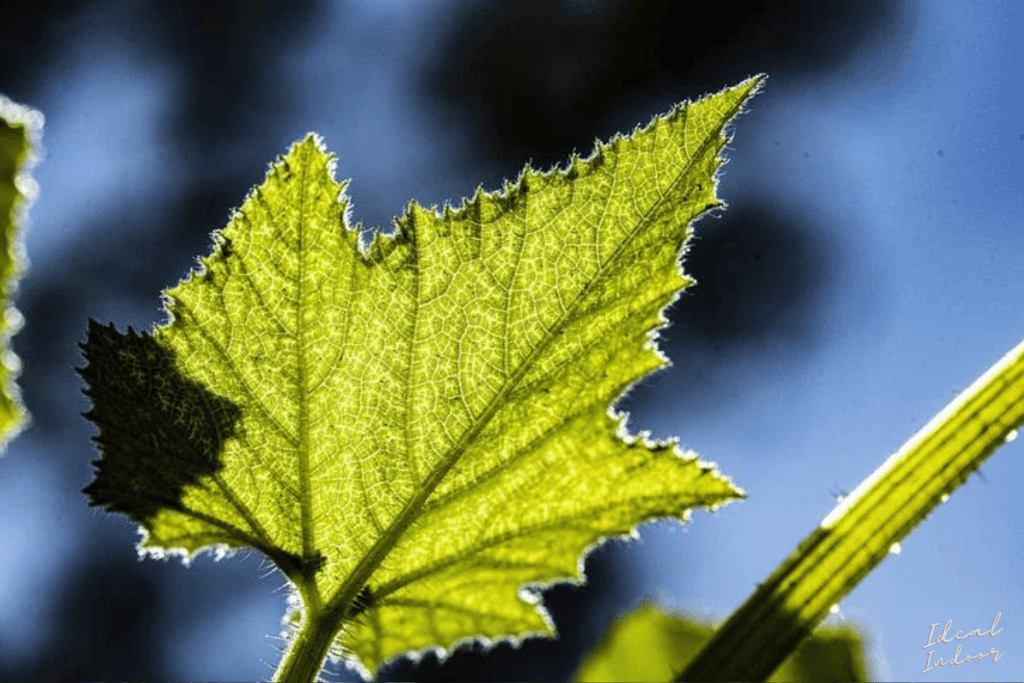
Stunted Growth
When plants are dehydrated, their growth is stunted. Lack of water means the plant cannot absorb the necessary nutrients to grow correctly. Inadequate nutrients can lead to poor root growth, which is the foundation for a healthy plant. If you see your plants aren’t growing as they should, check the soil for dryness and water it well.
Wilting Of Flowers
One of the main signs of dehydration is wilting flowers. Plants need water to maintain their turgor pressure, and without it, the cells in the plants start to shrink and lose structure. This makes the plant wilt and show signs of distress. If you notice wilting flowers, water the plant slowly, making sure the water reaches the roots. The roots uptake the water and redistribute it throughout the plant, preventing further wilting.
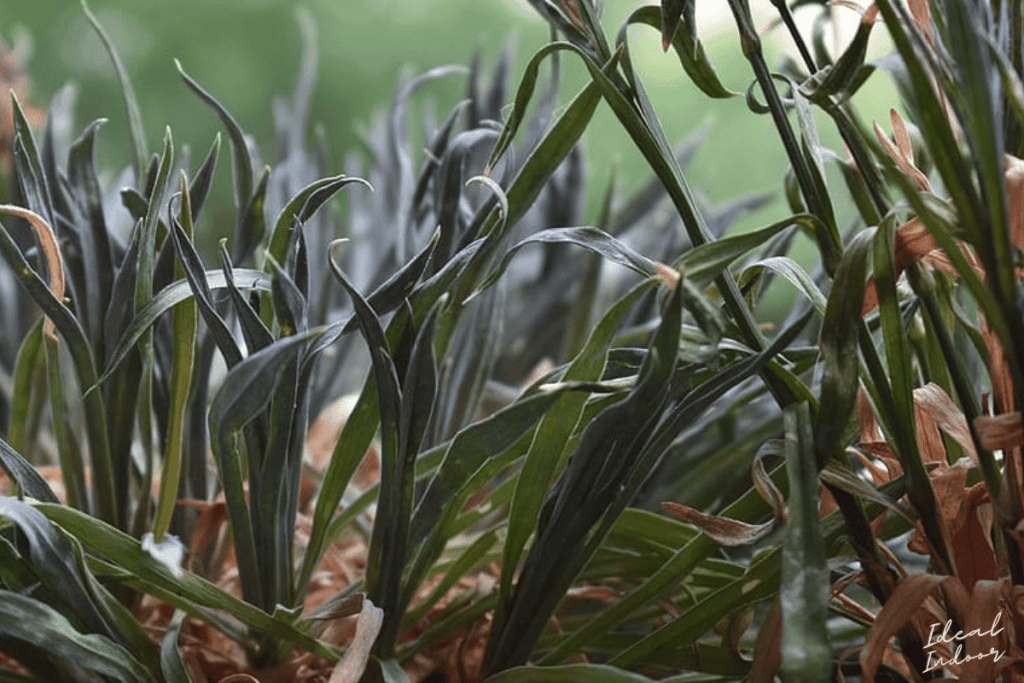
Dry Soil Surface
When the soil surface is dry, it’s a clear indication that the plant isn’t getting enough water. When soil becomes dry, it repels water, making it harder for water to penetrate the ground. Check the soil regularly and water if it’s dry. It’s crucial to water slowly to ensure the water reaches the roots and doesn’t run off. In conclusion, identifying signs of dehydration in plants is crucial to maintain a healthy garden, especially during summer. If you notice any of these signs, it’s essential to take action immediately. Regular watering, proper irrigation, and mulching can help maintain moisture in the soil and ensure your plants stay hydrated.
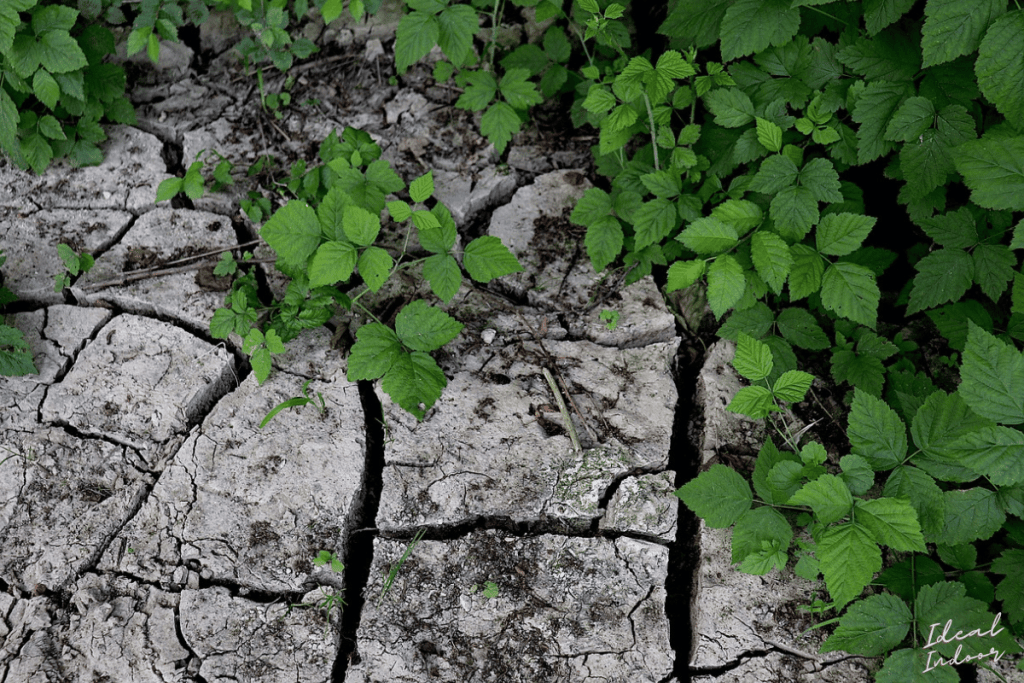
Common Mistakes To Avoid While Watering Your Garden
Watering your garden is essential during summers to keep it healthy and green. However, it is equally important to ensure that you water your garden correctly. Over-watering, watering during midday, using hard water, and watering foliage instead of the soil are some common mistakes that people make. Here are some tips to avoid these mistakes and ensure that your garden stays healthy and beautiful.
Over-watering Your Garden
Over-watering is one of the most common mistakes people make while watering their garden. Water-logging can suffocate the roots and lead to root rot and other diseases. It is advisable to water your garden once every two to three days during summers and ensure that the soil is moist, not drenched. Using a moisture meter can help you determine if the soil needs watering.
Watering During Midday
Watering your garden during midday can lead to water evaporation and make the water less effective. The best time to water your plants is either early in the morning or late in the evening when there is less sun and heat. It also helps prevent water wastage and helps the water to penetrate the soil better.
Using Hard Water
Using hard water for your garden can lead to salt accumulation in the soil, making it hard for the plant roots to absorb water and nutrients. This can cause brown leaves, wilting, and stunted growth of plants. It is advisable to use rainwater or filtered water for watering your plants as it is soft and free from harmful minerals.
Watering Foliage Instead Of The Soil
Watering foliage instead of the soil can lead to evaporation, water wastage, and disease susceptibility. It is important to ensure that water reaches the roots and soil. It is best to water the soil around the plant’s base and avoid watering the leaves and flowers.
By avoiding these common mistakes, you can ensure that your garden remains healthy and vibrant throughout the summer months.
Alternative Methods For Conserving Water While Gardening
Watering your garden in summer can be a challenge. Luckily, there are alternative methods to conserve water while still keeping your garden healthy. These include using a drip irrigation system, mulching to retain moisture, and choosing drought-resistant plants.
Watering your garden in the summer months can be a challenging task. The dry heat of the summer can quickly deplete the soil of its moisture, leaving your plants struggling to survive. However, conserving water while gardening during the summer months can help you save money and protect the environment. In this blog post, we’ll explore some alternative methods for conserving water while gardening, including rainwater harvesting, mulching, use of compost, and using native plants.
Rainwater Harvesting
Rainwater harvesting is a simple and effective method of conserving water while gardening. By collecting the rainwater that falls on your roof, you can water your garden without having to rely on the municipal water supply. You can install a rain barrel under your downspout to collect rainwater, which can then be used to water your plants. Rainwater is also free of chemicals found in most tap water, making it a healthier option for your plants.
Mulching
Mulching your garden can help reduce the amount of water your plants need to survive. By covering the soil with a layer of organic material, such as leaves, grass clippings, or straw, you can help retain soil moisture and reduce evaporation. Mulching also helps regulate soil temperature, which can protect your plants from the hot summer sun. Additionally, organic mulches can gradually break down, adding nutrients to the soil and improving soil quality.
Use Of Compost
Composting is another effective way to conserve water while gardening. By adding compost to your soil, you can improve soil structure and increase its water-holding capacity. Compost is rich in organic matter, which can help retain soil moisture and reduce the need for irrigation. Additionally, compost can help break down pollutants in the soil, making it healthier for your plants.
Using Native Plants
Using native plants in your garden can also help conserve water. Native plants are well adapted to the local climate and soil conditions, which means they require less water than non-native plants. They are also less prone to pests and diseases, reducing the need for pesticide use. When selecting native plants for your garden, choose species that are drought-tolerant and suited to your soil type. In conclusion, conserving water while gardening during the summer months can be easily achieved through alternative methods such as rainwater harvesting, mulching, use of compost, and using native plants. These methods not only help save money but also protect the environment while providing your plants with the care they need to thrive.
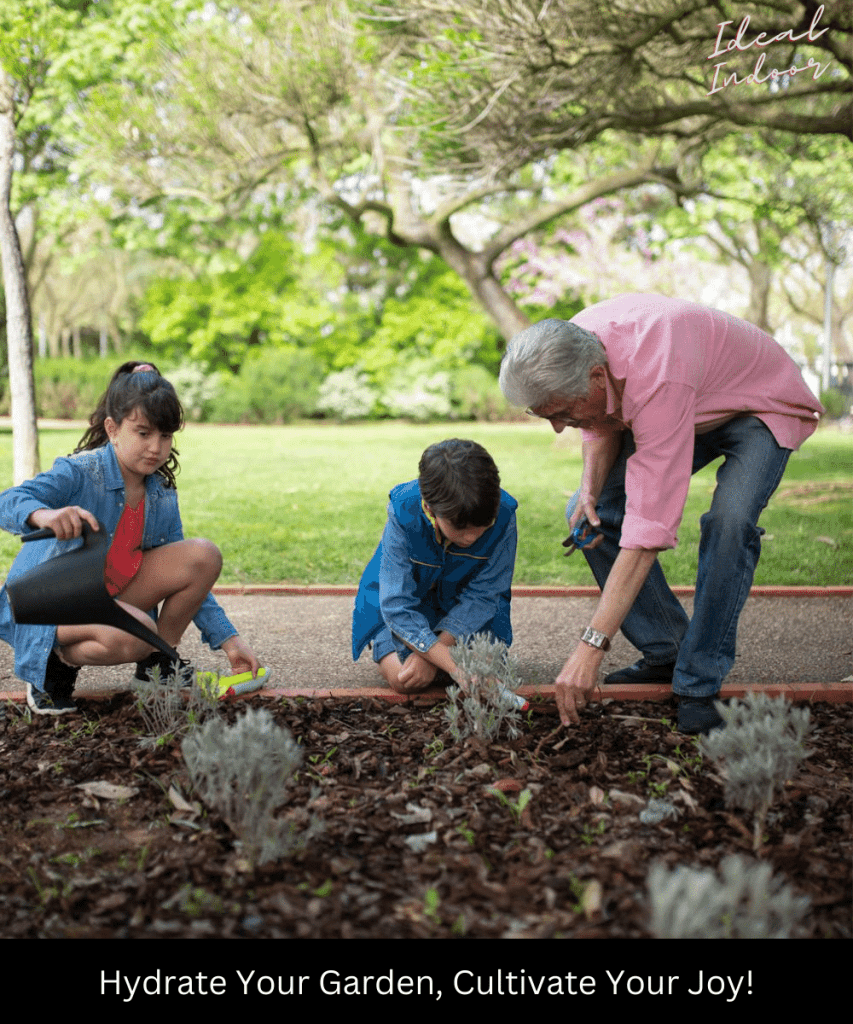
Final Thought
Keeping your garden hydrated during the hot summer months is essential to keep it healthy and growing. Watering early in the morning or late in the evening and using a drip irrigation system can help conserve water while ensuring that your plants get the moisture they need to thrive.
Watering Your Garden Is Essential During The Summer Season To Prevent Wilting And Dehydrating Of Plants
In the scorching heat of summer, you might find it challenging to keep your garden plants hydrated and vibrant. However, watering your garden is crucial, and consistent watering at the right time can make all the difference. When you water your garden, you help to keep the soil moist, and the plants nourished. Also, water makes up around 80% of plant tissues, which means it’s vital for their growth and survival.
Following The Right Techniques And Tools Can Make Your Gardening Experience Efficient And Effective
Several factors come into play when watering your garden plants. The type of plant, soil, and weather conditions determine the frequency and amount of water. Therefore, following the right techniques and using the appropriate tools can make your watering experience effective and efficient. For instance, watering deeply and less frequently allows the plants to develop deep root systems. Also, watering in the morning or late evening reduces water evaporation. Additionally, using watering cans, sprinklers, or drip irrigation are some of the commonly used tools that make the watering process efficient. Watering your garden during the summer season is vital for the growth and survival of your plants. By following the right techniques and tools, you can ensure that your watering experience is efficient and effective. It’s also crucial to pay attention to your plants’ needs to avoid overwatering, which can lead to roots rotting and plant diseases. So don’t forget to water your garden regularly and watch as your plants thrive and bloom.
Frequently Asked Questions For Watering Garden In Summer
Should I Water My Garden Every Day In The Summer?
It’s not necessary to water your garden every day in the summer. Instead, check the soil moisture regularly and water deeply when it’s dry. It’s better to give your plants a good soak every few days than a light watering every day.
This will promote deeper root growth and overall healthier plants.
When Should You Not Water Your Garden?
Watering your garden should be avoided during these situations: 1. When the soil is already wet or saturated 2. During rainy or humid days 3. In the middle of the day when the sun is at its peak as it can cause water to evaporate quickly 4.
In windy conditions as the water may not reach the roots of the plants properly. 5. Before or after extreme temperatures such as freezing weather.
How Hot Is Too Hot To Water Plants?
Watering plants when the temperature is too hot can cause harm to their roots, leading to lower productivity. If the air temperature exceeds 90°F, water them during the coolest hours of the day. Use a shade cloth or umbrellas to shield plants from the sun.
Can You Overwater Plants In Summer?
Yes, you can overwater plants in summer. Excess watering can lead to root rot, which can damage the plant and even kill it. It’s important to water plants consistently but not too frequently, and to allow the soil to dry out slightly between watering sessions.